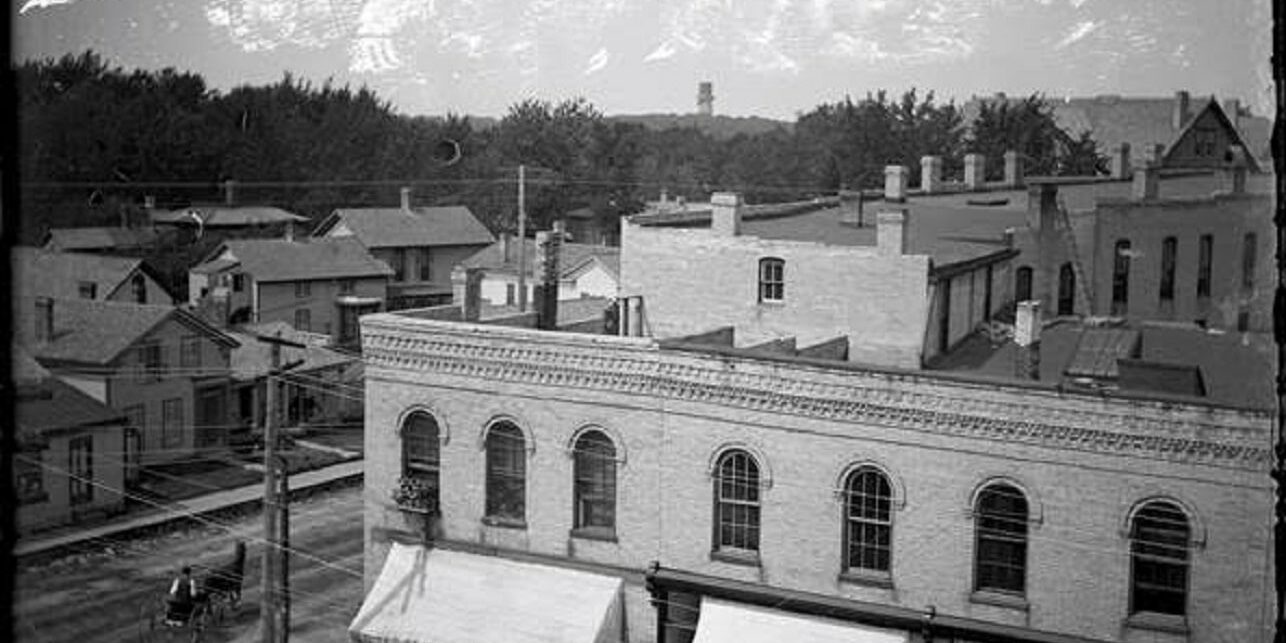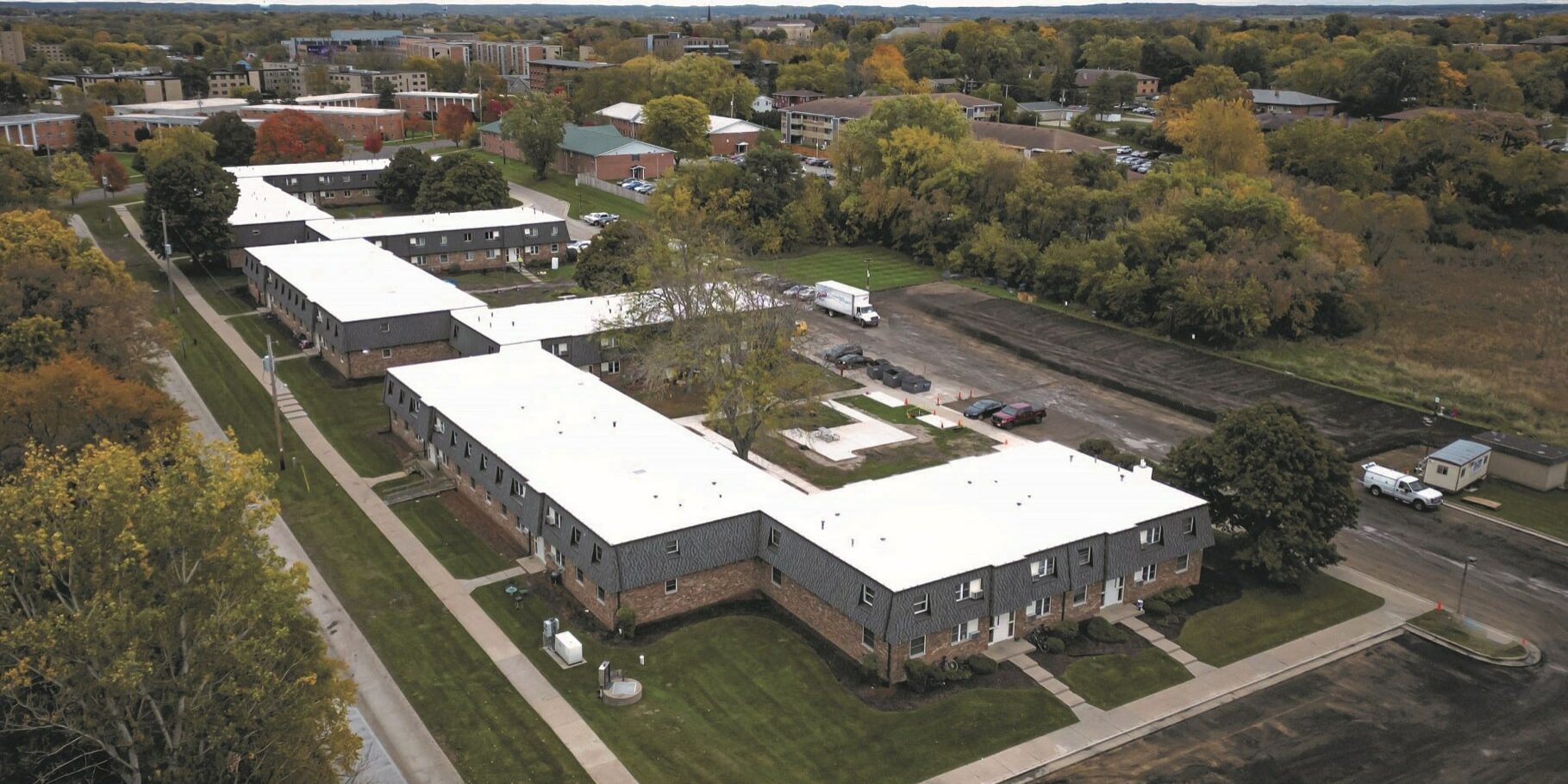By Al Stanek
Whitewater Banner volunteer staff
whitewaterbanner@gmail.com
Next year’s Whitewater city budget now moves closer to adoption after a scheduled November 16th Public Hearing. It includes a proposed reduction in the residential property tax rate which could result in a reduction in the city’s share of next year’s tax bill for city residents. The action comes after the City Finance Committee recommended a number of reductions in the initial budget proposal.
The ultimate impact in annual property tax bills mailed out by the City of Whitewater is unknown as generally the City’s share of annual residential tax bills is around 30% of the total with County, School District and Technical College charges making up the remainder. How the anticipated tax rate reduction will affect residential property tax bills also depends on the assessed value of a home which in most cases has increased.
The November 16 Public Hearing will also include a projected city budget for 2023. The 2023 proposed budget can be amended before 2022 tax bills go out a year from now. The new two-year budget development process is coordinated with the State of Wisconsin two-year budget cycle and is being evaluated to see if it reduces staff time.
City Finance & Administrative Services Director Steve Hatton presented the Common Council with an analysis that indicated that last year’s city residential property rate was the second lowest among nine area communities that included Jefferson, Fort Atkinson, Milton, Elkhorn, Johnson Creek, Watertown, the City of Delavan, and the Village of East Troy.
Hatton also challenged claims that “Whitewater has the 2nd highest combined water and sewer rate in the state of Wisconsin.” He presented an analysis that compared the average monthly combined water/sewer bill for similar water usage in like-sized utilities in Rock, Jefferson, Walworth, and Waukesha Counties. The average combined cost for customers using two thousand gallons per month for twenty-four similar sized area water utilities was $54.07. Whitewater’s cost of $59.22 was the seventh highest. Whitewater’s water bill adds separate additional charges for public fire protection and storm water impact which not all communities’ water bills include.
Next year’s proposed Whitewater City budget includes several high-cost capital projects whose impacts have been softened using federal American Rescue Plan Act (ARPA) funds allocated earlier this year, an anticipated surplus from this year’s city budget and a loan from the City’s Community Development Authority (CDA). Projects include a $3 million new water tower and a $2.8 million sewer lift station which is expected to reduce the capital cost of needed future sewer system construction.
The relatively good budget news was tempered by a report on the estimated cost of a needed move toward a fully staffed Emergency Medical Service (EMS) to replace what has traditionally been a largely “on-call” service. The Whitewater Fire Department (WFD) estimates an annual additional need of “up to $657,860” to fully service Whitewater and surrounding jurisdictions currently under contract with the WFD. It is estimated that city calls represent about 80% of the current demand.
Smaller communities around the country are experiencing a significant shortage of trained certified Emergency Medical Technicians (EMTs). Low wages considering the medical knowledge required for the position, along with odd hours, high stress and COVID exposure are thought to be making it difficult to keep volunteers or hire part-time EMTs.
Although the video for the Common Council meeting is not yet posted on the city website, it can be viewed on the city’s Vimeo site at https://vimeo.com/cityofwhitewater. A comprehensive overview of the proposed budget presented by Hatton and City Manager Cameron Clapper may be found beginning at 1:30.
In other business the Common Council was informed that the green covered lake beds of the City’s two downtown lakes should begin to start looking much different next week as mowing of the lake beds is scheduled to begin Friday, November 5.






















